

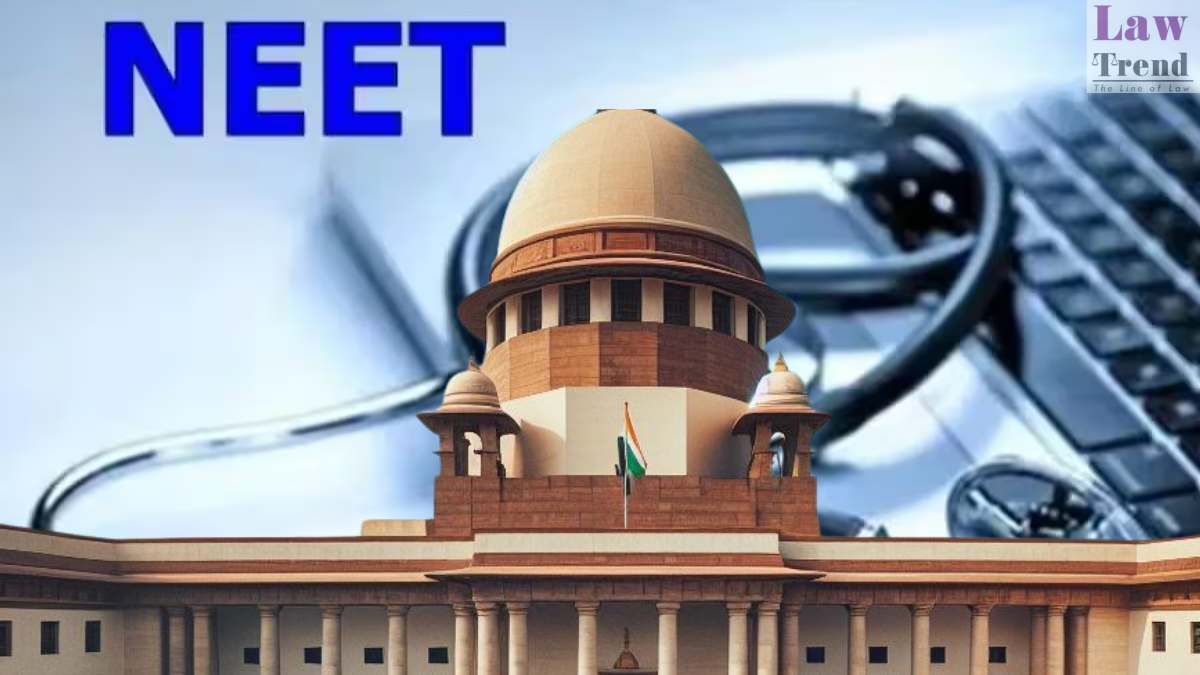
The Supreme Court will be hearing a petition today regarding the normalisation of marks, answer keys, and results for NEET PG 2024. Students have raised concerns about the transparency of the selection process, while the National Board of Examinations for Medical Sciences (NBEMS) has cited the difficulty of generating new questions as the reason for not releasing answer keys. With experts warning of a potential 'tripledemic' this winter in the UK and India, the transparency of entrance exams becomes even more crucial in ensuring the selection of qualified candidates for medical courses.
Supreme Court to Hear Petition on Normalization of NEET PG 2024 Marks, Answer Keys, and Results
Background
The National Eligibility cum Entrance Test Post-Graduate (NEET PG) is a highly competitive examination conducted annually for admission to postgraduate medical courses in India. The entrance exam has been marred by allegations of irregularities and a lack of transparency in the past.
In 2021, the NEET PG was conducted amid allegations of errors in the question paper and discrepancies in the marking scheme. Students protested, demanding the release of answer keys and the normalization of marks to ensure fairness. However, the National Board of Examinations for Medical Sciences (NBEMS), which conducts the exam, refused to release answer keys, citing the difficulty of generating new questions.
Current Developments
Following the protests in 2021, students have filed a petition with the Supreme Court of India seeking the normalization of marks, answer keys, and results for NEET PG 2024. The petition alleges that the absence of normalization and the non-release of answer keys create an unfair playing field for candidates.
The Supreme Court is scheduled to hear the petition on November 10, 2023. The National Board of Examinations for Medical Sciences (NBEMS) has filed a counter-affidavit, stating that releasing answer keys could lead to the illegal circulation of questions and compromise the integrity of the examination.
Top 5 FAQs
1. What is the issue with NEET PG 2024?
Students are concerned about the lack of normalization of marks, which could lead to discrepancies in scores. They are also demanding the release of answer keys to ensure transparency in the examination process.
2. Why has NBEMS refused to release answer keys?
NBEMS argues that releasing answer keys could compromise the integrity of the examination as it would allow candidates to circulate questions and prepare unauthorized study materials.
3. What is normalization of marks?
Normalization is a statistical process that adjusts scores to account for differences in the difficulty level of different test forms. This ensures that candidates are evaluated fairly, regardless of which version of the exam they take.
4. What is the potential impact of the Supreme Court decision?
If the Supreme Court rules in favor of the students, it could lead to the release of answer keys and the normalization of marks for NEET PG 2024. This would provide greater transparency and ensure a more equitable selection process.
5. What is the significance of the 'tripledemic' warning?
Experts have warned of a potential 'tripledemic' this winter in the UK and India, which refers to the simultaneous circulation of COVID-19, influenza, and respiratory syncytial virus (RSV). This highlights the importance of ensuring the transparency and accuracy of entrance exams for medical courses, as qualified medical professionals will be crucial in responding to the health crisis.

The Indian government has appointed V Narayanan as the new chairman of the Indian Space Research Organisation and Secretary, Department of Space. An IIT alumnus and cryogenic engine developer, Narayanan is expected to take charge from the current head of the organisation, S Somanath, on January 14. With years of experience and expertise in rocket and spacecraft propulsion, Narayanan aims to take ISRO to greater heights and continue India's development in space technology.
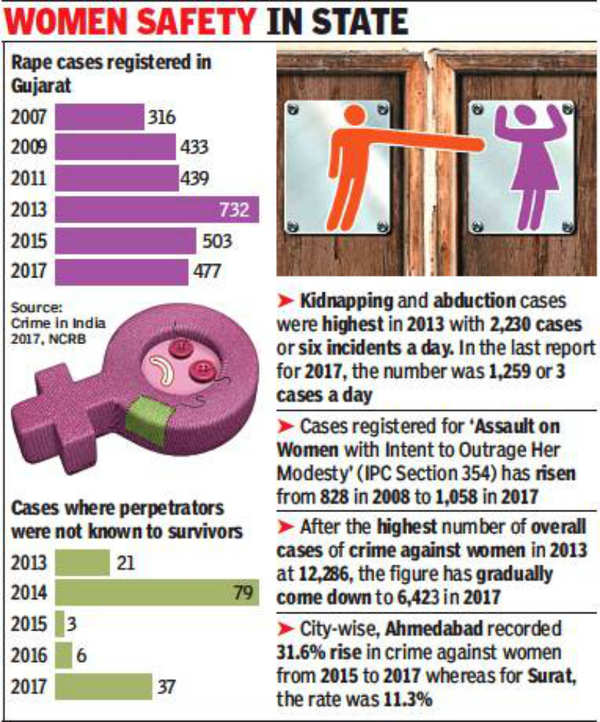
The state of Gujarat has taken precautionary measures to handle cases of HMPV, a respiratory virus, after one case was detected in a two-month-old boy two weeks ago. Three civil hospitals in Gandhinagar, Ahmedabad, and Rajkot have created isolation wards with a total of 45 beds to handle any potential health emergency. The health department has also issued an advisory to the public to prevent the spread of the virus. However, according to data from the Indian Council of Medical Research and the Integrated Disease Surveillance Programme, there has been no alarming surge in respiratory illnesses in the country.
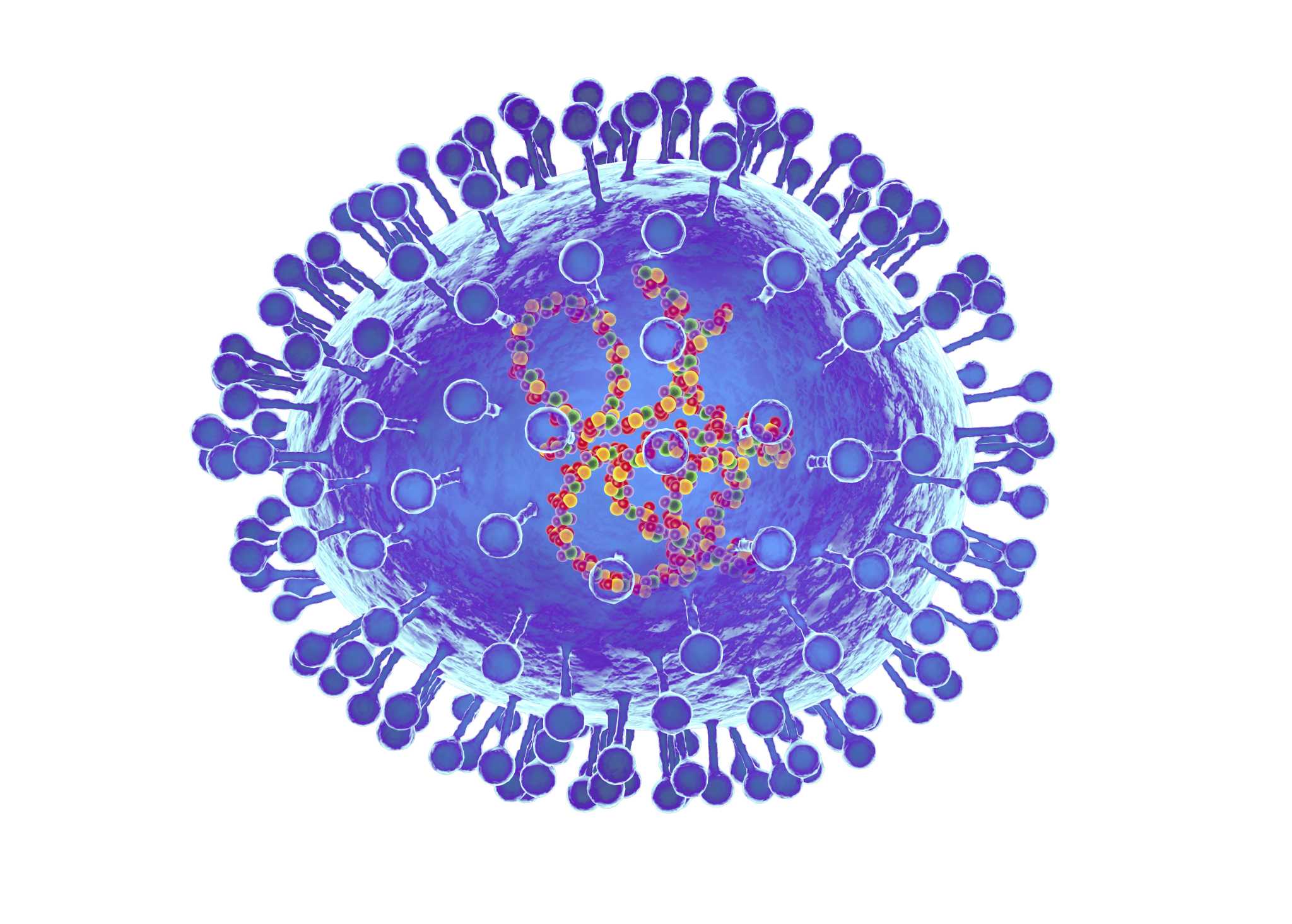
The recent detection of the Human Metapneumovirus (HMPV) in India has sparked fears of a potential new outbreak similar to the COVID-19 pandemic. However, medical authorities assure the public that HMPV has been circulating globally for years and is not a new virus. While three cases have been reported in India, there is no need to press the panic button as there has been no unusual surge in respiratory illness cases in the country. Karnataka's Health Minister Dinesh Gundu Rao stresses that this is not the first case of HMPV in India and it is not something new.
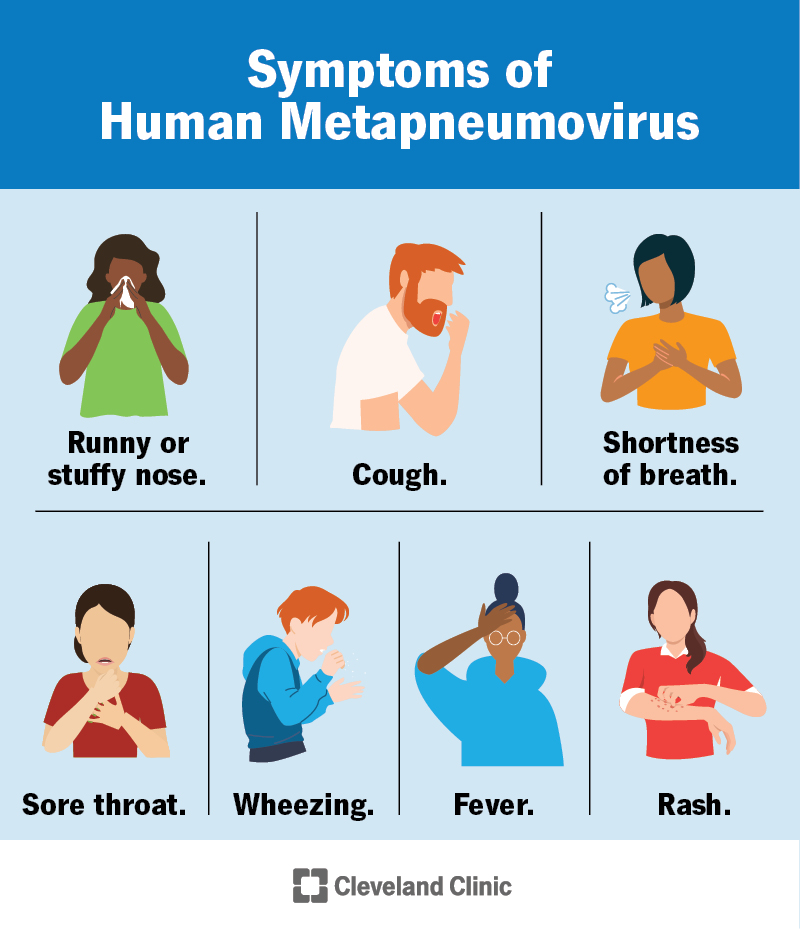
As China experiences an outbreak of Human Metapneumovirus, also known as HMPV, health officials in Telangana, India have issued a list of precautions for the public, despite no reported cases in the state. The respiratory virus, which primarily affects children, immunocompromised individuals, and the elderly, can lead to a wide range of symptoms, including mild cold-like illness and more serious respiratory conditions. However, the Indian health agency has assured that there is no cause for alarm and that the country does not need to worry at this time.
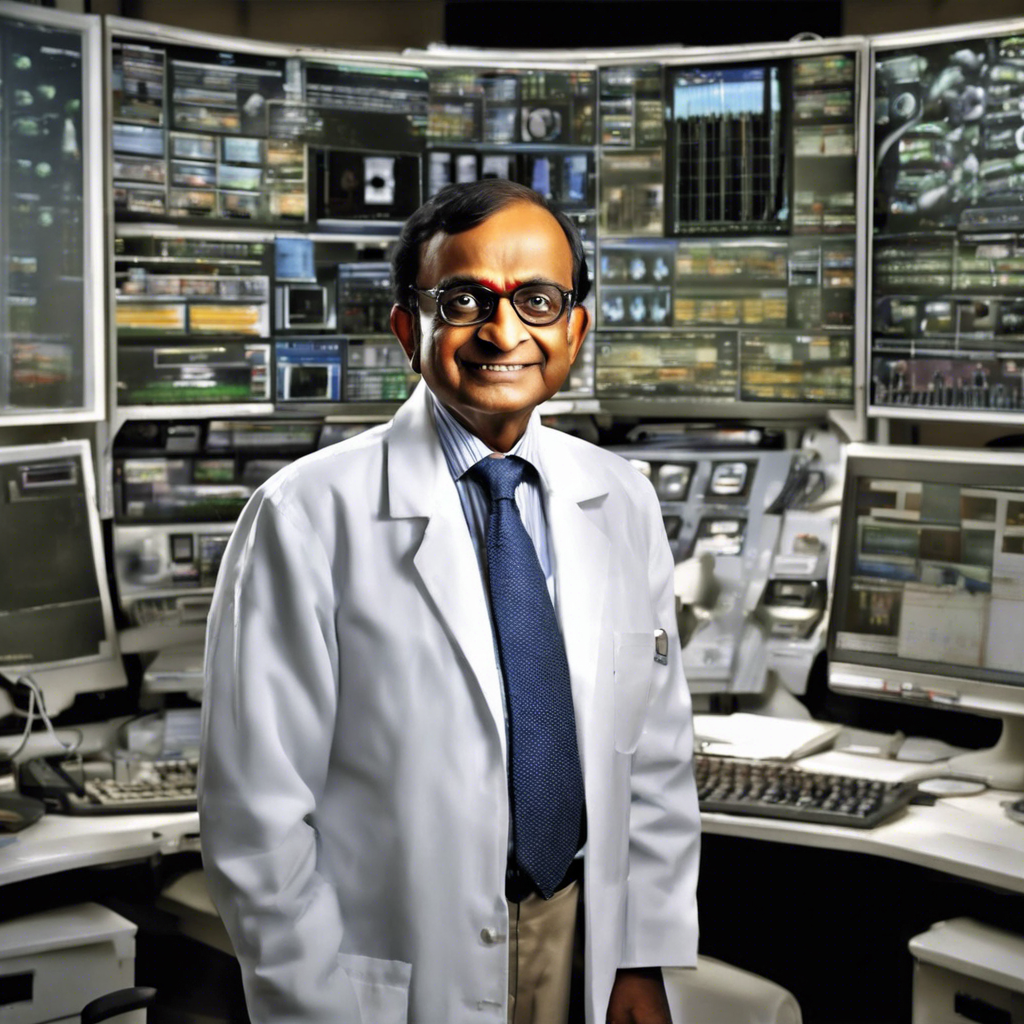
Renowned nuclear scientist and key figure in India's nuclear program, Dr. R Chidambaram, passed away at the age of 88. He was known for his contributions to nuclear research and played a significant role in India's nuclear tests and the country's civil nuclear agreement with the United States. His passing marks a significant loss for the scientific community and the country's progress in the field of nuclear technology.
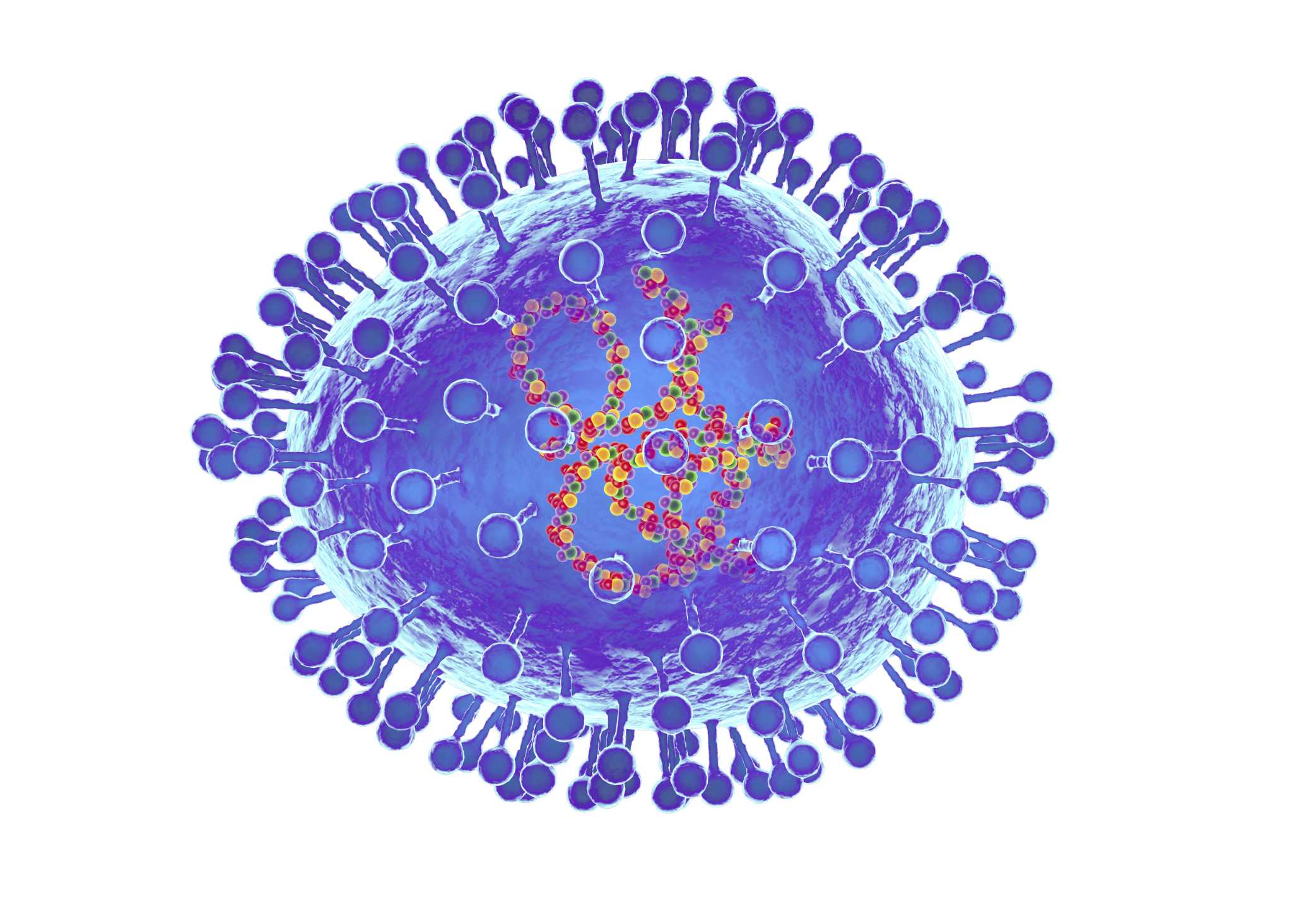
The recent spread of a new virus, human metapneumovirus (HMPV), in China has sparked global concerns, with reports of increasing cases among children under 14. However, Indian health experts and the Union Ministry of Health and Family Welfare have dismissed the possibility of a widespread disruption. This is due to previous knowledge about HMPV and its similarity to respiratory syncytial virus (RSV), a common respiratory pathogen. While HMPV may be a trigger for asthma in infants, it is not as deadly as Covid-19 and there is no reason for alarm yet.
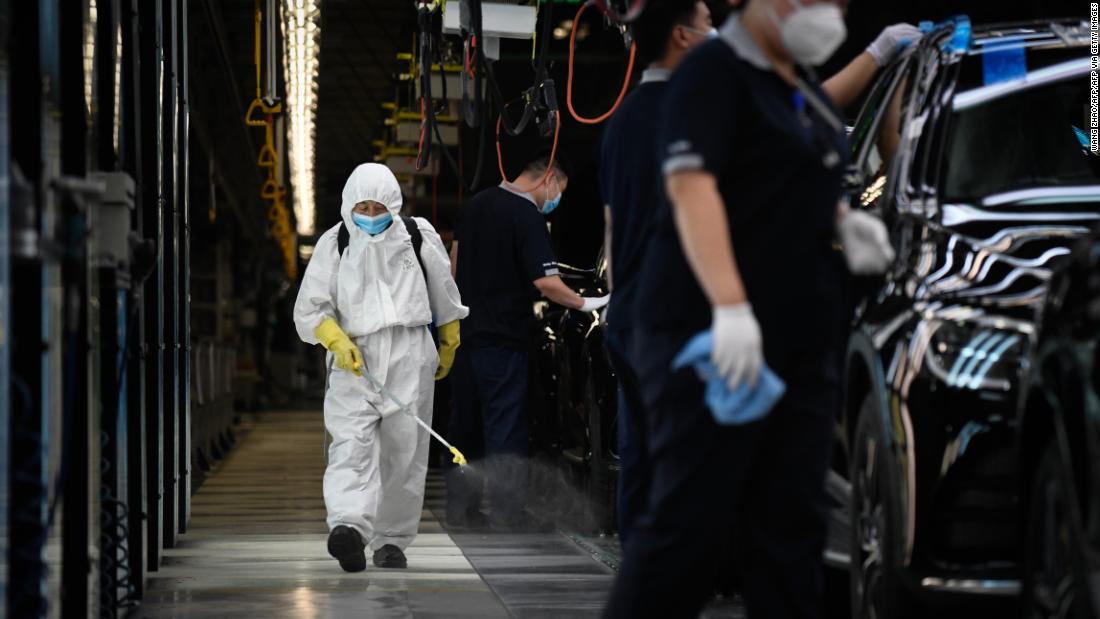
China's disease control authorities have launched pilot systems to monitor and report cases of Human Metapneumovirus (HMPV), which has been linked to a recent flu outbreak. As the country continues to battle this respiratory virus, the World Health Organization calls for transparency and cooperation in researching the origins of COVID-19 to better prevent and prepare for future epidemics. Experts warn that people with weak respiratory health and weakened immune systems, as well as young children and the elderly, are most at risk for HMPV and urge preventive measures such as frequent hand washing and wearing masks.
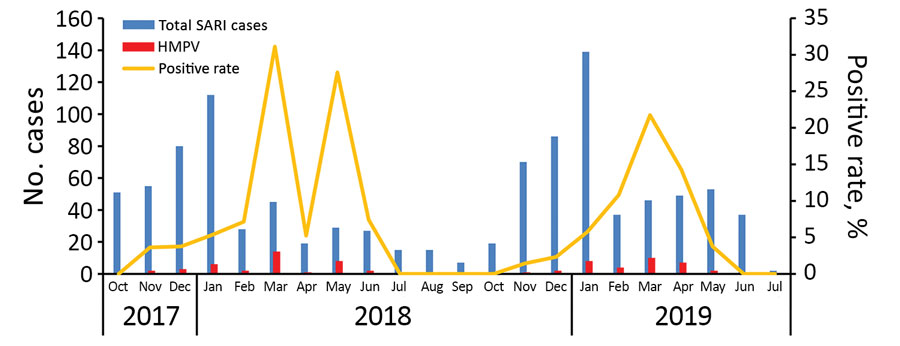
Amidst growing concerns over the coronavirus outbreak, China confirms an increase in cases of human metapneumovirus (HMPV) among children under 14 years old, especially in northern provinces. HMPV is a respiratory illness similar to the common cold, with symptoms including coughing, runny nose, and sore throat. Health officials are urging the public not to blindly use antiviral drugs to fight HMPV, as there is currently no vaccine against the virus. Antibiotics may be prescribed in extreme cases where HMPV has caused pneumonia and a secondary bacterial infection.

The University Grants Commission (UGC) has announced draft guidelines for introducing skill-based courses and micro-credentials in higher education institutions, aligning with the objectives of the National Education Policy 2020. These courses, including emerging fields such as data analytics and AI, aim to enhance students' employability and support economic growth through a qualified workforce. Feedback on the guidelines will be accepted for the next 30 days, giving students and educators a chance to provide their input.
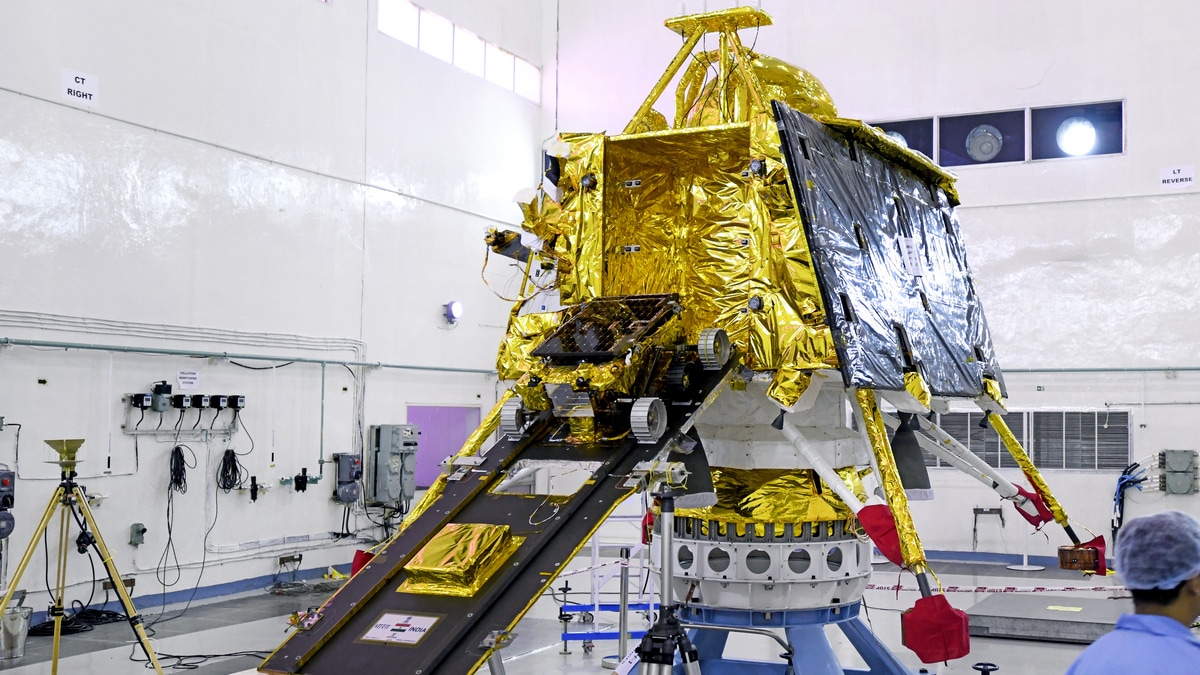
Indian Space Research Organisation (ISRO) has successfully placed two satellites, weighing 220kg, into a circular orbit of 475 km for a crucial space docking technology demonstration. This mission also included the launch of POEM-4 with 24 payloads from startups, industries, and academia. Scientist S Somanath stated that the docking process is expected to take place on January 7, after operations at ISTRAC Bengaluru from December 31. This mission is a major step towards future space missions for India.